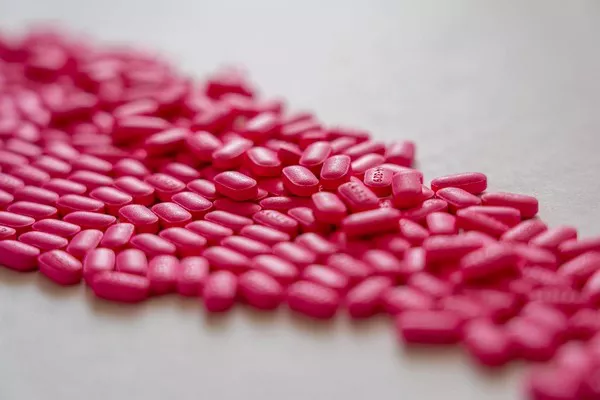Skin allergies can cause discomfort and irritation, leading individuals to seek relief through various topical creams and ointments. With a wide range of options available on the market, it can be overwhelming to determine which cream is best for your specific skin allergy. In this article, we will explore the factors to consider when selecting a cream for skin allergy and provide insights into some of the most effective and popular options.
Understanding Skin Allergies:
Skin allergies are caused by the body’s immune system reacting to a specific substance, known as an allergen. Common allergens include pollen, pet dander, certain foods, insect stings, and various chemicals. When the skin comes into contact with an allergen, it triggers an allergic reaction, resulting in symptoms such as itching, redness, swelling, and rashes. Topical creams can be a valuable tool in managing these symptoms and providing relief.
Factors to Consider When Choosing a Cream for Skin Allergy:
1. Type of Allergy:
Identifying the type of skin allergy is essential in selecting the most appropriate cream. For example, some creams are formulated specifically for contact dermatitis caused by exposure to irritants, while others are designed to address allergic reactions to environmental allergens. Knowing the cause of your skin allergy can help narrow down the options.
2. Active Ingredients:
Look for creams that contain active ingredients known to alleviate allergic reactions and soothe irritated skin. Common active ingredients in anti-allergy creams include hydrocortisone, which helps reduce inflammation and itching, and antihistamines, which block histamine release, thereby reducing allergic symptoms.
3. Sensitivity and Skin Type:
Consider your skin type and sensitivity when choosing a cream. Some individuals may have sensitive skin that requires fragrance-free and hypoallergenic formulas. Others may prefer creams with added moisturizers to soothe dry, irritated skin.
4. Formulation and Texture:
Creams are available in various formulations, including creams, lotions, gels, and ointments. Each formulation has different properties, and the choice depends on personal preference and the severity of the skin allergy. Ointments are thicker and provide more prolonged relief, while lotions are lighter and may be more suitable for mild cases.
Effective Creams for Skin Allergy:
1. Hydrocortisone Cream:
Hydrocortisone cream is a widely used over-the-counter cream that helps reduce inflammation and itching caused by skin allergies. It is suitable for mild to moderate allergic reactions and can be used on various parts of the body. However, prolonged use of high-strength hydrocortisone creams should be avoided to prevent potential side effects.
2. Calamine Lotion:
Calamine lotion is a soothing and cooling topical preparation often used for contact dermatitis and mild skin irritations. It contains a mixture of zinc oxide and ferric oxide, which helps relieve itching and dryness associated with skin allergies.
3. Antihistamine Cream:
Antihistamine creams contain ingredients like diphenhydramine that block the action of histamine, providing relief from itching and inflammation. These creams are particularly useful for insect bite reactions and allergic rashes.
4. Aloe Vera Gel:
Aloe vera gel is a natural remedy known for its soothing and anti-inflammatory properties. It can help alleviate redness and itching caused by skin allergies. Look for pure aloe vera gel without added chemicals or fragrances for optimal results.
5. Emollient Creams:
Emollient creams are moisturizing agents that help repair and protect the skin’s barrier. They can be particularly beneficial for individuals with dry or sensitive skin prone to allergic reactions.
Conclusion:
Choosing the best cream for skin allergy involves considering the type of allergy, active ingredients, skin sensitivity, and formulation. Effective creams for skin allergies include hydrocortisone cream, calamine lotion, antihistamine creams, aloe vera gel, and emollient creams. It is crucial to follow the product’s instructions and consult a healthcare professional if the skin allergy persists or worsens. Remember that individual responses to creams may vary, so finding the most suitable cream for your specific skin allergy may require some trial and error.


